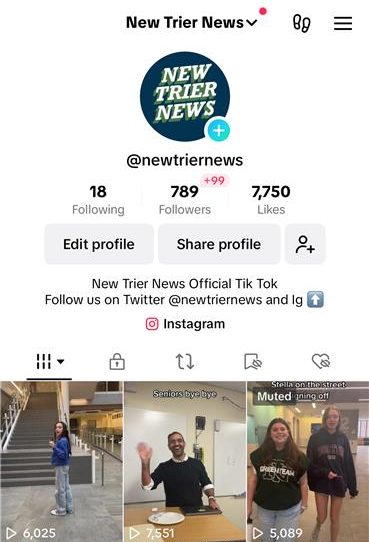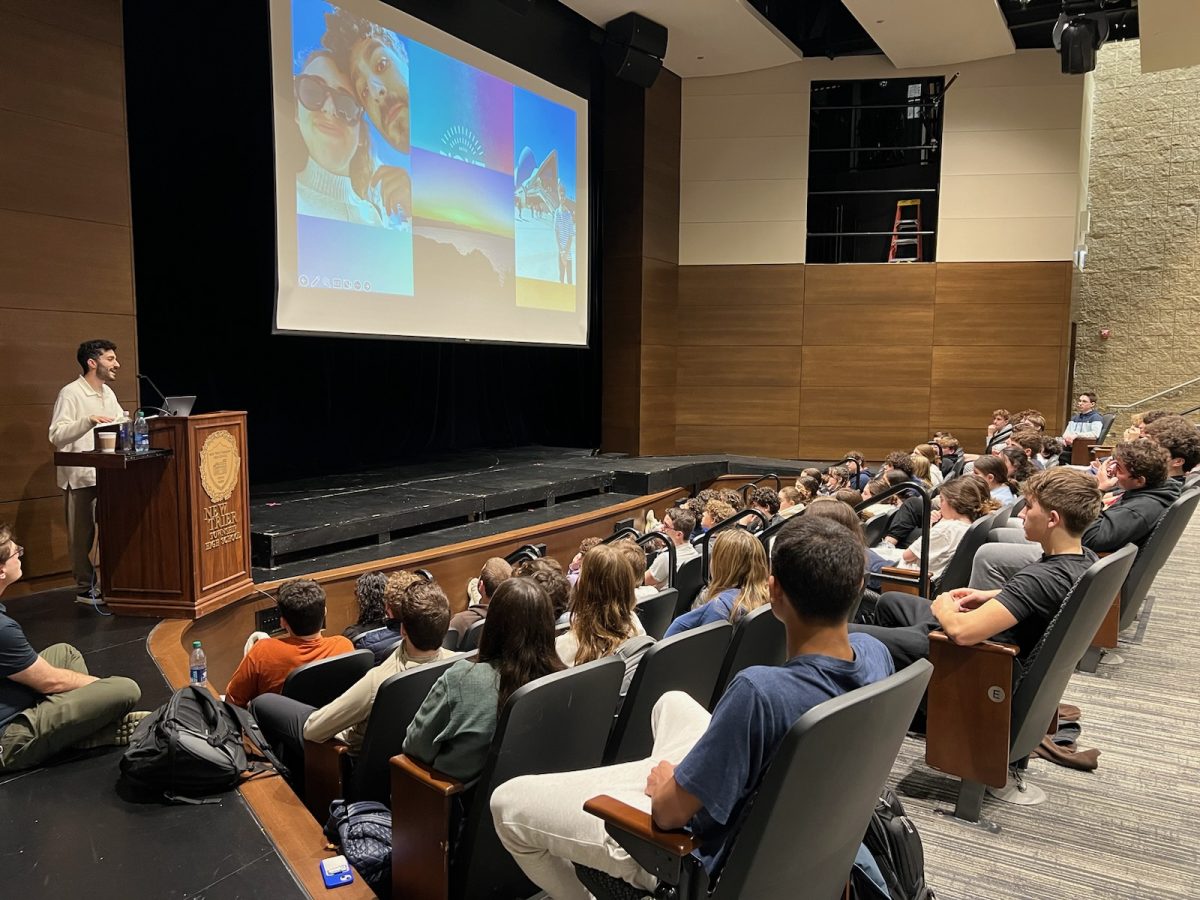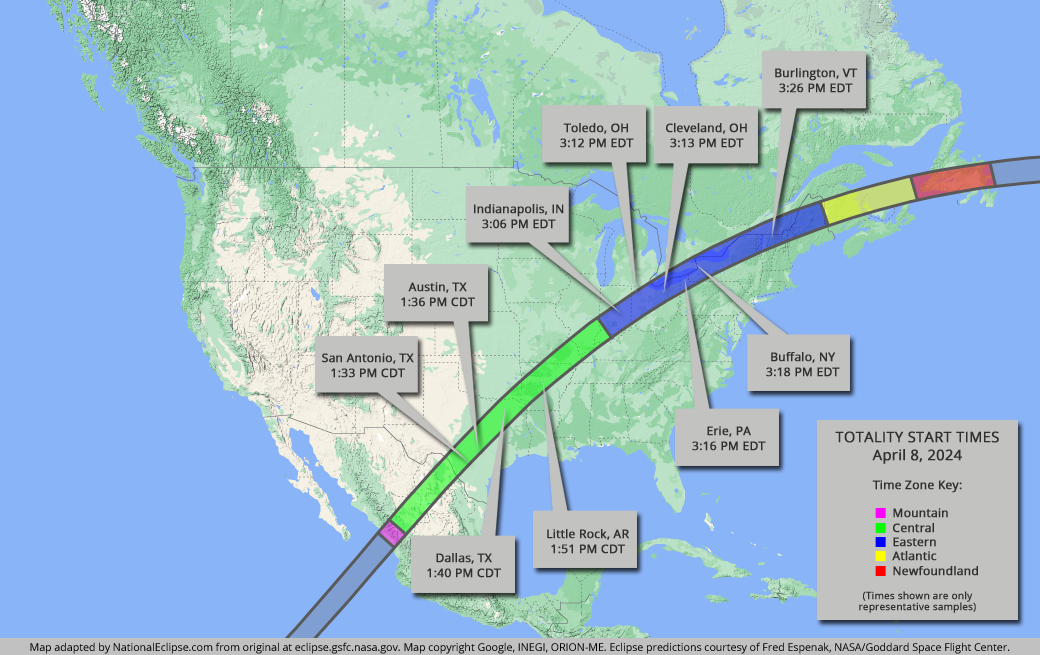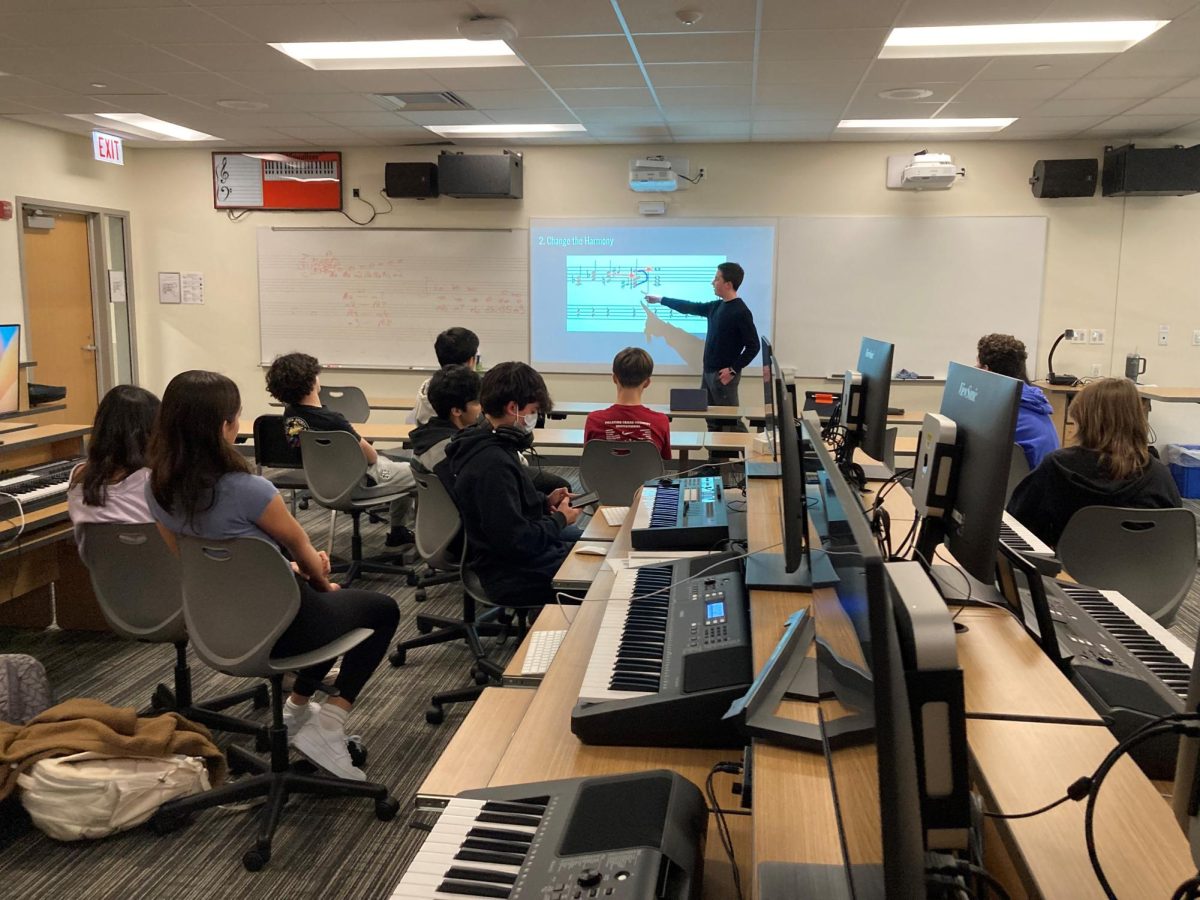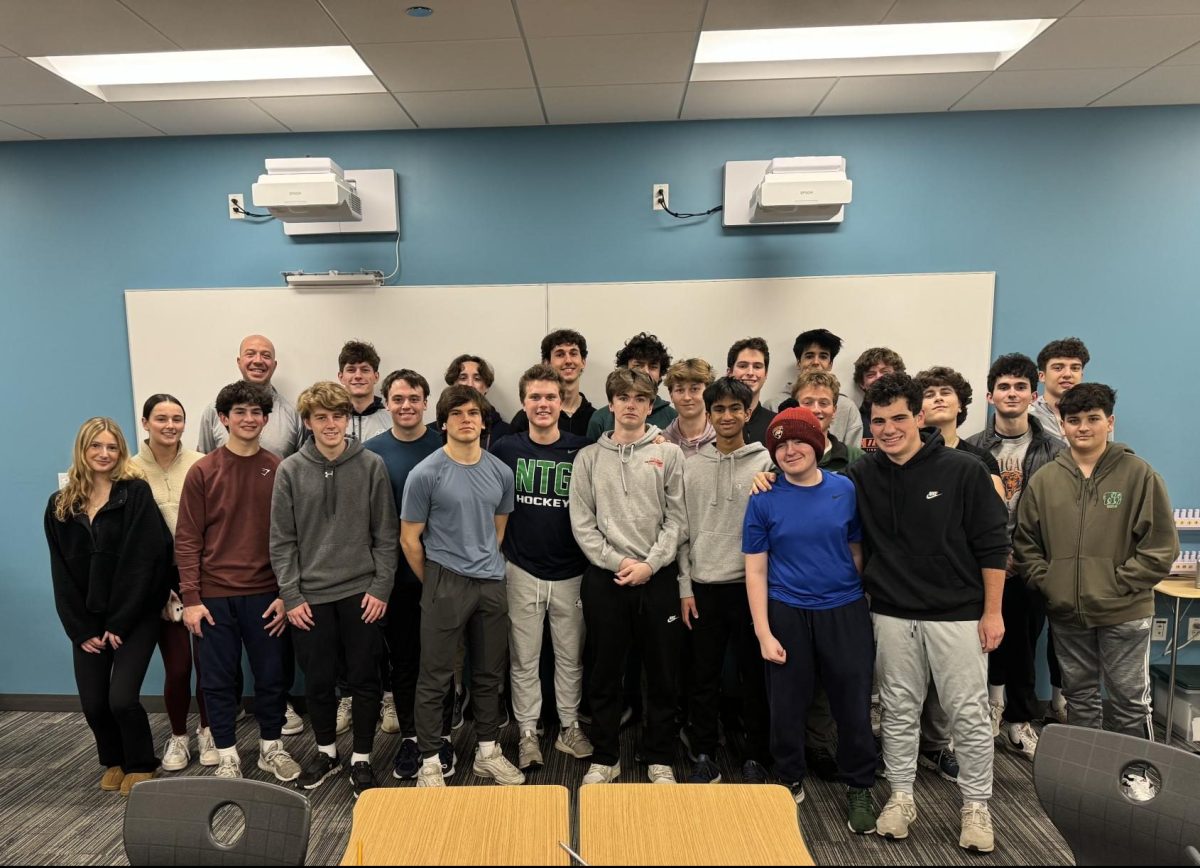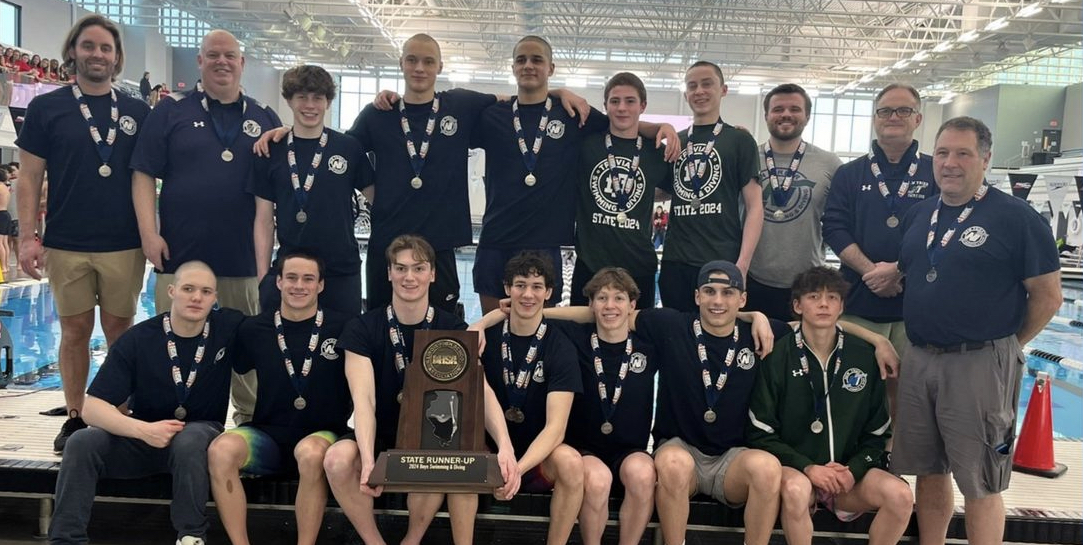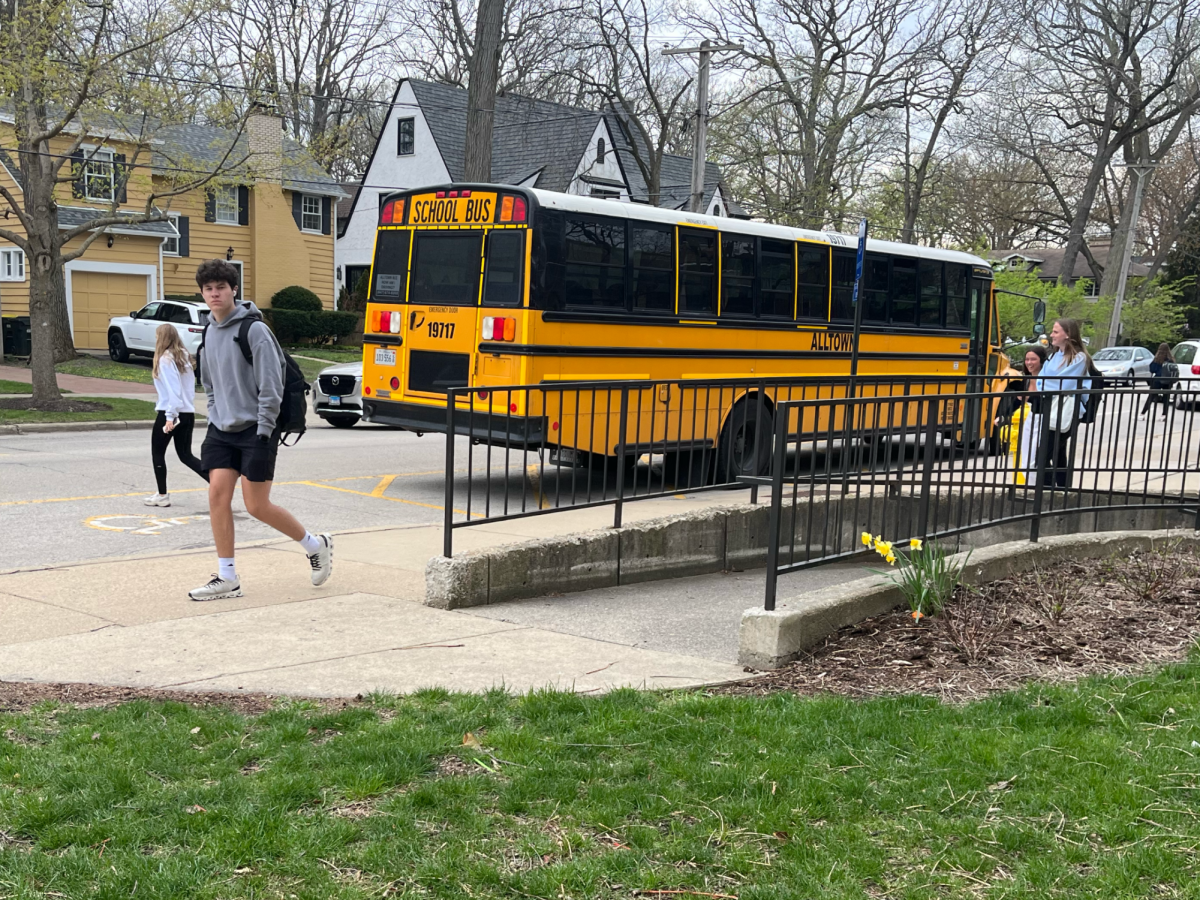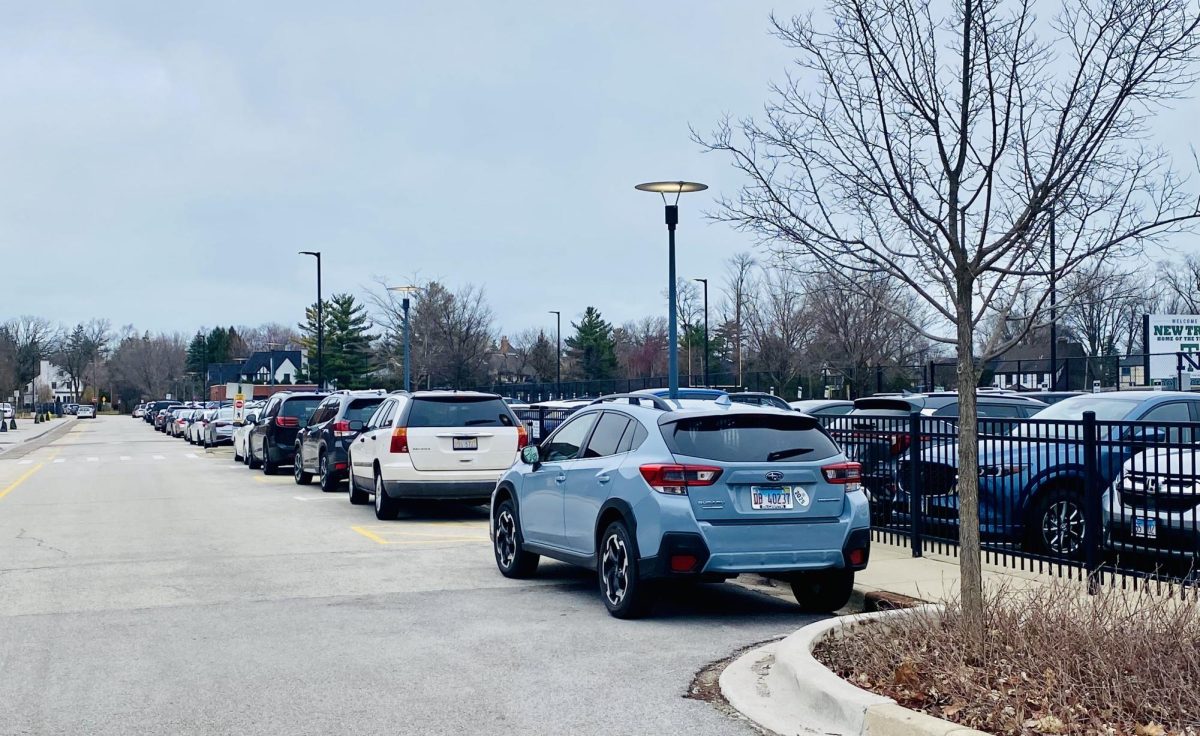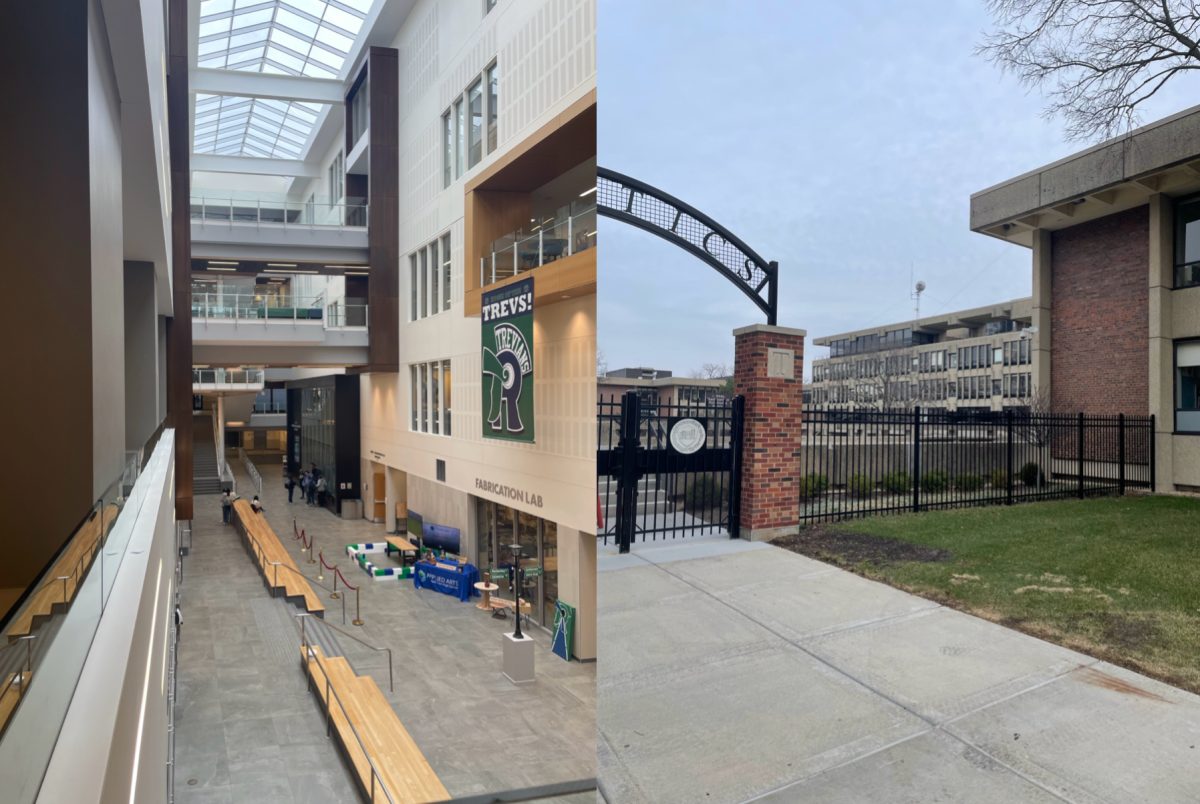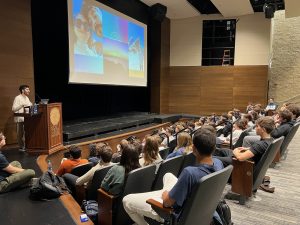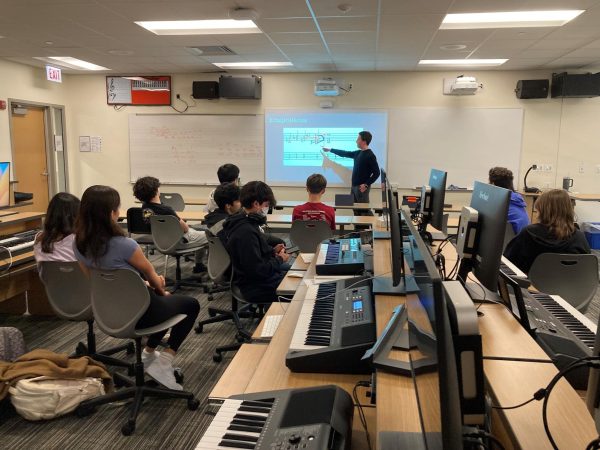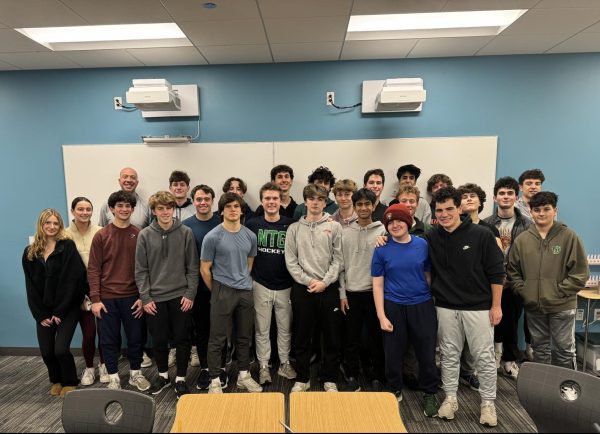Students enlist for military education
Seniors opt to spend next four years at military academy, diverging from norm
May 22, 2017
With the school year rapidly coming to an end, seniors are finalizing their post high school plans, with some deciding to attend military academies.
According to Post High School Counseling Department Chair James Conroy, very few seniors go onto military academies. “The unique lifestyle and discipline might not attract everyone. Furthermore, acceptance rates to military academies are extremely low.”
Students choose to attend military academies for a variety of reasons. “All students who attend an academy have some desire to serve their country,” Conroy said.
Finances, a desire for structure in one’s life and family backgrounds also motivate students to consider military academies.
Senior Brendan Gloyd is one student who has chosen to attend the United States Naval Academy next year.
“In terms of benefits, everything that is offered at the Naval Academy is unbelievable,” he said.
According to Gloyd, the Naval Academy is a financially smart decision. “I receive a free college education. I’m not paying for room and board, food, medical care, or uniforms.” Gloyd is looking forward to getting out of college debt free.
Senior Josh Lambert, who will be attending the U.S. Air Force Academy after high school, agreed that going to a Service Academy is a financially smart decision. “I won’t pay any tuition. In fact, I actually get paid to attend the Air Force Academy.”
According to Conroy, many students’ college decisions are influenced by the financial component.
“Students going to military academies are getting a full ride, four year scholarship. It’s amazing to come away with a free college education and a degree.”
Gloyd was also drawn to the Naval Academy because of the service opportunity. “Service is something that’s really important to me in other areas of my life. I realized that if I want to continue that tradition of helping others, the Navy is a great way to do that.”
Yet, despite all of the benefits, Lambert acknowledged that the college experience will be very different for him compared to students going to traditional colleges.
“My basic training starts in June. Once we get to the Academy, we have to observe military customs and courtesies, we are expected to wear uniforms every day, and must prepare inspection ready rooms every morning.”
Lambert said that one of the only similarities between his academy and a traditional university is that along with his Air Force responsibilities, he’ll go to classes and graduate with a degree in Aerospace Engineering.
This nontraditional college experience was what drew Gloyd to the Naval Academy. “The Academy is extremely focused and very structured, which is something that I knew I wanted in a school.”
Once students decided they would like to attend a service academy, the application process was strenuous.
According to Lambert, the process was difficult and took much longer than other college applications. “The application involved a physical test, a medical test, three letters of recommendation, three teacher evaluations, a congressional nomination, and many essays.” The entire process took Lambert over a year to complete.
Gloyd had a similar application experience, which involved a candidate fitness assessment, a congressional nomination, and approval from the Department of Defense Medical Examination Review Board.
According to Gloyd, getting approval from the Medical Examination Review Board was the most difficult aspect of the application.
“Once you get medically qualified, anything that happens to you is now the governments responsibility to pay for. The board is very careful about approving people because they’re trying to eliminate any risk or liability they can.”
Gloyd’s application process took over six months.
“The application process is a lot more strenuous than what’s expected when applying to any other college. It’s a series of hurdles that applicants have to jump over,” Conroy said.
In attending a military academy, students are also required to serve after graduation. All service academy graduates are expected to serve for a minimum of eight years. Five of those years must be active duty and the remaining three may be completed as an inactive reserve.
Gloyd had a positive outlook on his future service. “During the time that I’m serving, I’m getting an officer’s salary and military benefits.” Gloyd looks forward to graduating with a guaranteed job in place.
Gloyd plans to serve in surface warfare or the marines after he graduates, either of which would satisfy his serving requirements.
Lambert is also excited to serve. “After attending the Academy, I’m hoping to fly the C17 for the Air Force and have the opportunity to use my skills in service to my country.” Depending on how his eight years of service go, Lambert plans to continue serving after he completes his requirement
As basic training approaches for Lambert, he is looking forward to what the Air Force Academy has in store for him.
“I’ve always felt the military would be a good fit for me and who I am as an individual. The Air Force will provide me with a lot of great opportunities unique to the Academy and will prepare me for the future.”


